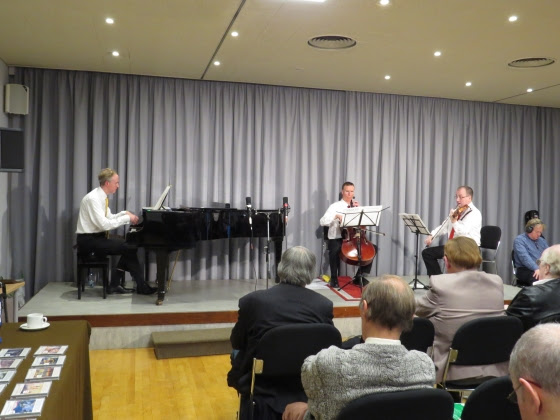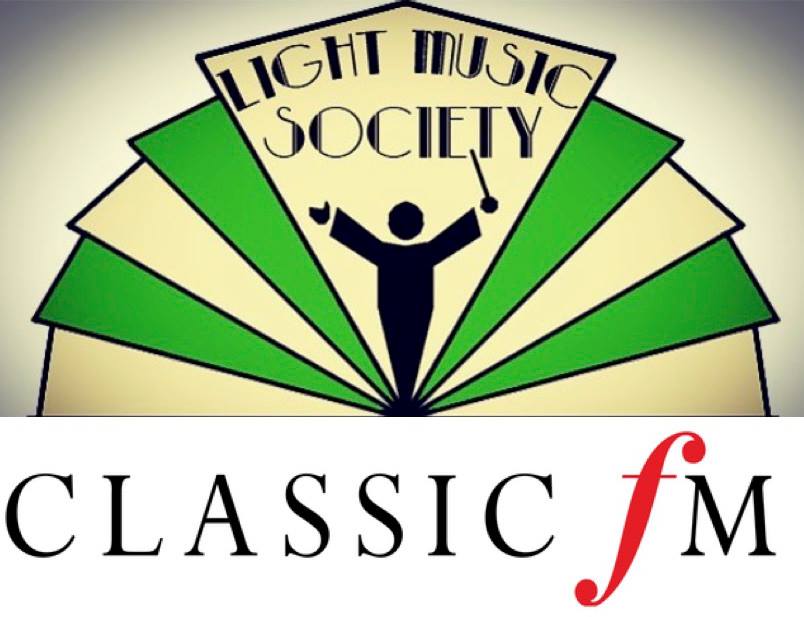(Torch)
Analysed by Robert Walton
In the early 1950s when most people were requesting the top pop hits of the day, I was unashamedly asking for light orchestral numbers on the “Listeners’ Request Session” at our local radio station, 1ZB Auckland. I always signed my name “Blue Eyes of Remuera”. Anyhow, the very first record I requested was Going for a Ride by the Queen’s Hall Light Orchestra. Incidentally Torch’s Radio Romantic was the programme’s signature tune.
I’m amazed I hadn’t already analysed Going for a Ride in one of my JIM articles, but it’s never too late I guess. This Sidney Torch classic happens to be the second item on David Ades’ introductory compilation of “Golden Age of Light Music” on Guild (GLCD 5101).
Going for a Ride starts straight in with nine identical bright staccato notes played by a mellow flute with the orchestra. Keeping up the interest and making sure the listener is concentrating, this catchy tune repeats itself in a higher key. Now comes what we’ve all been waiting for, the first of those thrilling Torch fillers. It’s almost as if the main tune is purely a prop inspiring a whole chorus of connecting passages - like a delayed introduction. It’s those crisp incidental interludes that are the lifeblood of these light orchestra gems. The reason we know them so well is that they were heard constantly as production music on newsreels, radio and television. To us light music enthusiasts, they were the soundtrack to our lives.
Analysing the aforementioned, the strings keep us on tenterhooks with some dramatic bow gestures. Woodwinds offer up some wonderfully rapid phrases answered by the strings and then we’re in true Torch territory with the brass blazing away in preparation for an imminent return of the opening tune.
Now it’s bridge time with first off, the Torch brass and strings enlivening things up, before an oboe’s plaintive tone adds its colour to the mix. Gradually the orchestra builds while Torch in his element is doing what he does best, exciting us with more of those imaginative ideas in his orchestrations. Never had light orchestral music been proclaimed so powerfully within a composition. Though the actual melodies might have acted as props they were extremely tuneful and appealing.
There’s no doubt the two top light orchestral talents in the 1940s and 50s in Britain were Sidney Torch and Robert Farnon. They were both original and prolific and towered above the rest. It’s a pity Torch didn’t arrange more music for the “Great American Songbook”.



